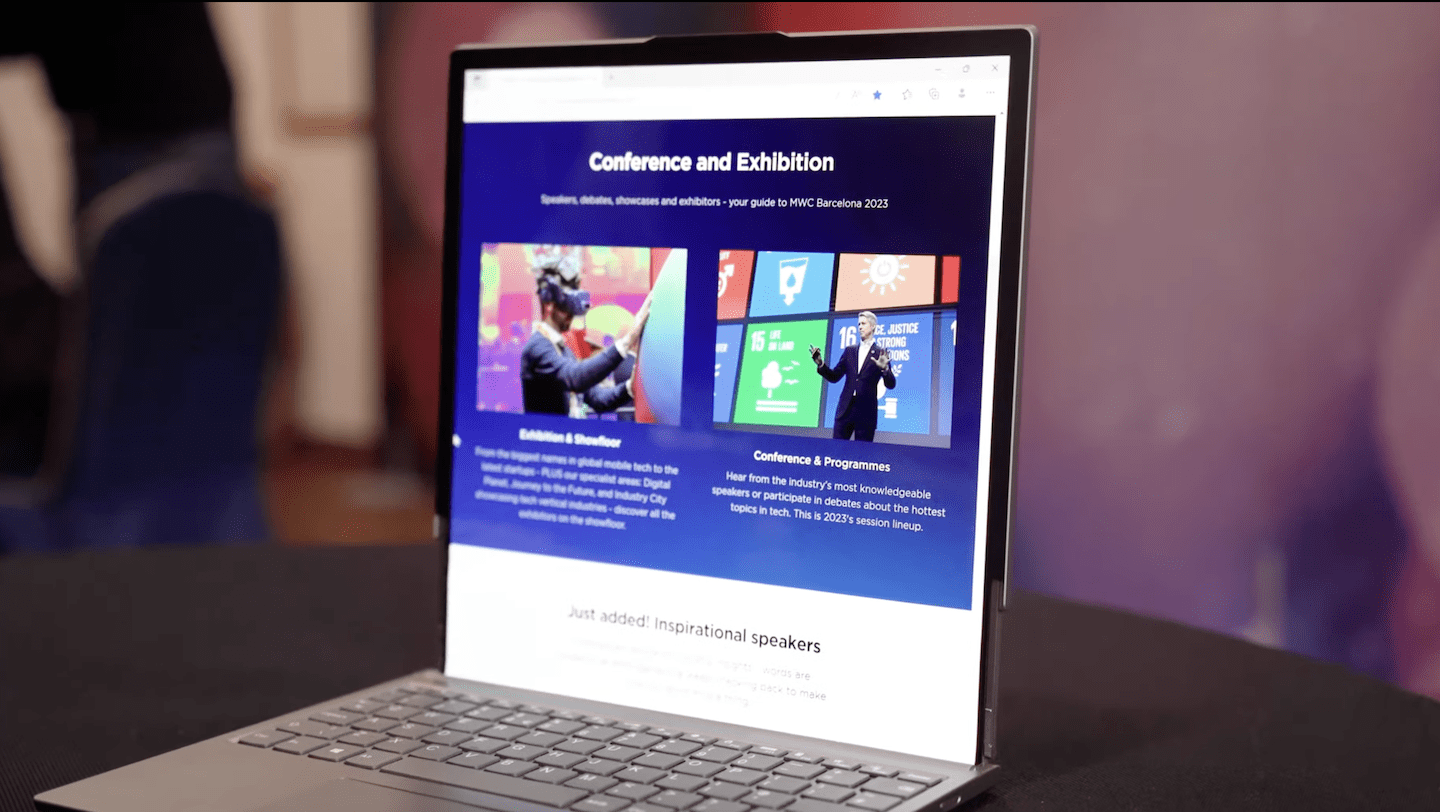Remember that big thing about Google and Apple tracking people? The one that was blown so much out of proportion that you’d think Eric Schmidt was about to become the dictator in a technological police state? Yea, it’s still going. Now, legislators are trying to make sure that Google, Apple and others like them are in their places. They want to pass a bill that requires every OEM be granted users’ permission before enabling location services. Their argument?
Geolocation technology gives us incredible benefits, but the same information that allows emergency responders to locate us when we’re in trouble is not necessarily information all of us want to share with the rest of the world. This legislation would give people the right to know what geolocation data is being collected about them and ensure they give their consent before it’s shared with others.
Here’s the quick rundown of what they want to happen:
- Google must be granted permission before location services can be used
- Information must be shielded, meaning it shouldn’t be easy to take a quick look at the location services’ cache file
- Information must be deleted when it is no longer needed
In some form or another, Google already does all of this. At every device activation, users are asked whether or not they want to enable location services. If they say no, then they simply don’t use GPS or any other applications that use location information to better the experience. Some users may not have witnessed this because they often have the person who sells them the phone set it up for them.
The cache file where Google stores all of this is attainable, but only if a user has rooted their phone. The story is that less than 5% of Android users root their devices. We’re not sure if that’s accurate, but let’s assume that is. Of that low 5%, we’re sure a majority of them know how to safeguard themselves from malicious attacks against any data on their phone, including whatever is inside the location cache files.
Google doesn’t proactively delete cache information at regular intervals, but they give users the option to at will. A quick trip to your settings > applications menu will get you on your way. And whenever, if ever, you decide to turn location services off, those files are deleted with nary a trace.
To go even further, Google doesn’t just allow applications to use location data all willy-nilly without the users knowing at the time they download the application. Users get a full list of permissions the application requests before they install it. It’s up to them to read the permissions and decide whether or not they want to install that application.
Yes, malware scares as of late have all but made this useless with the ability to download and enable code after an application is installed, but Google and the many security advocates they work with do a good job of spotting and removing these applications not only from the Android market, but from anyone’s phones who may have them installed.
The motive behind legislature isn’t entirely clear to me, but I would guess it’s to make sure the mobile industry stays honest no matter who users choose. It’s still silly to me, though, as they’d only be enforcing this on software vendors who have more than 5,000 users.That puts a hell of a lot of Android, iOS, Windows, WebOS, Symbian and Blackberry users into the mix.
What they’re essentially saying is that it’s ok for companies to be reckless with users’ location data if they aren’t popular. It makes me wonder if they’re just doing this to make examples out of the big software vendors. I know most of their actions look to protect and secure consumer data, and believe me, I have no problem with what they’re proposing, but their eligibility guidelines make no sense and it makes the bill look like nothing more than a knee-jerk reaction to all of the fear-mongering that’s been going on.











For the love of God, can we first get a bill to prohibit Text/SMS spam?
Other than free text messages from tMobile informing me about my bill,, I have not gotten any spam via SMS.. Actually as more and more people I know get data plans, it’s almost time to dump SMS (almost)..
It just shows again that politicians have no clue what they are actually talking about. Asking Google to do something they are already doing for a long time is just pure stupidity..
This bill is pointless in regards to Android. As Android already asks you before turning on geolocation.
Yea…this bill is behind the times in regards to Android.
I think we know who this bill is aimed at…
Obviously, A****.
Crap. Phandroid? Do you censor A****?
Just kidding. Apple.
The reason it’s behind the times is like what was stated in the article. Most run of the mill Android buyers don’t know that they’re getting an Android phone and the sales rep just sets it up for them (so they don’t “know” that location services are turned on). Besides the fact that most people don’t even realize what Android is, they definitely don’t know it’s based off of Linux code which is why the user must grant each application the permissions before installing. But, like I said, most users don’t know what they’re buying.
Some geolocation apps don’t work correctly if you opt out of Google’s Data Collection, Beautiful Widgets and Settings profiles are two I ran into. Geolocation and data collection should be two seperate toggles and this issue would go away I believe.
edit.
But in order to use your location for services it must collect data and store it on the phone. Otherwise everytime you want to check the weather or whatever it would have to figure what city you’re in. Which would then ruin the experience causing you to not use the service. So data collection and geolocation services really go hand in hand.
gohaus,
Collecting the data on the phone is one thing, I get that that is necessary. Transmitting that data to Google for their storage is another thing entirely, and where I think people are upset.
Other apps like Google Maps function fine, including geolocation, even if you opt out of the data collection. I’m simply saying the option to transmit that data to Google shouldn’t also limit the functionality of the phone if you were to opt out of it.
To be clear, I do opt into the collection and not just to make my apps work. I don’t care if Google has my information or not, if somebody is bored enough to research me I say knock yourself out.
I’m simply trying to make the point that I believe if Google were to make the option of that data collection being transmitted to them be setup such that it didn’t limit the functionality of the phone I think this problem would go away. It does almost feel like we’re being forced to allow them to collect the data to make the phones function fully, which could also be some of the concern people have.
The people who write these stories about the issue always so over simplify the issue. They say basically “Well if you don’t want them to have the info just opt out, no big deal.” I’m pointing out the issue isn’t that simple.
Well what I came in to say has already been said. Google already does this. STFU clueless grandstanding politicians.
But does this only apply to phones, or to any device? (ie, will this affect OnStar? Progressive Insurance? etc.)
I think it’s a good idea, if done right… Though probably a little silly.
because the only big brother should be the US government